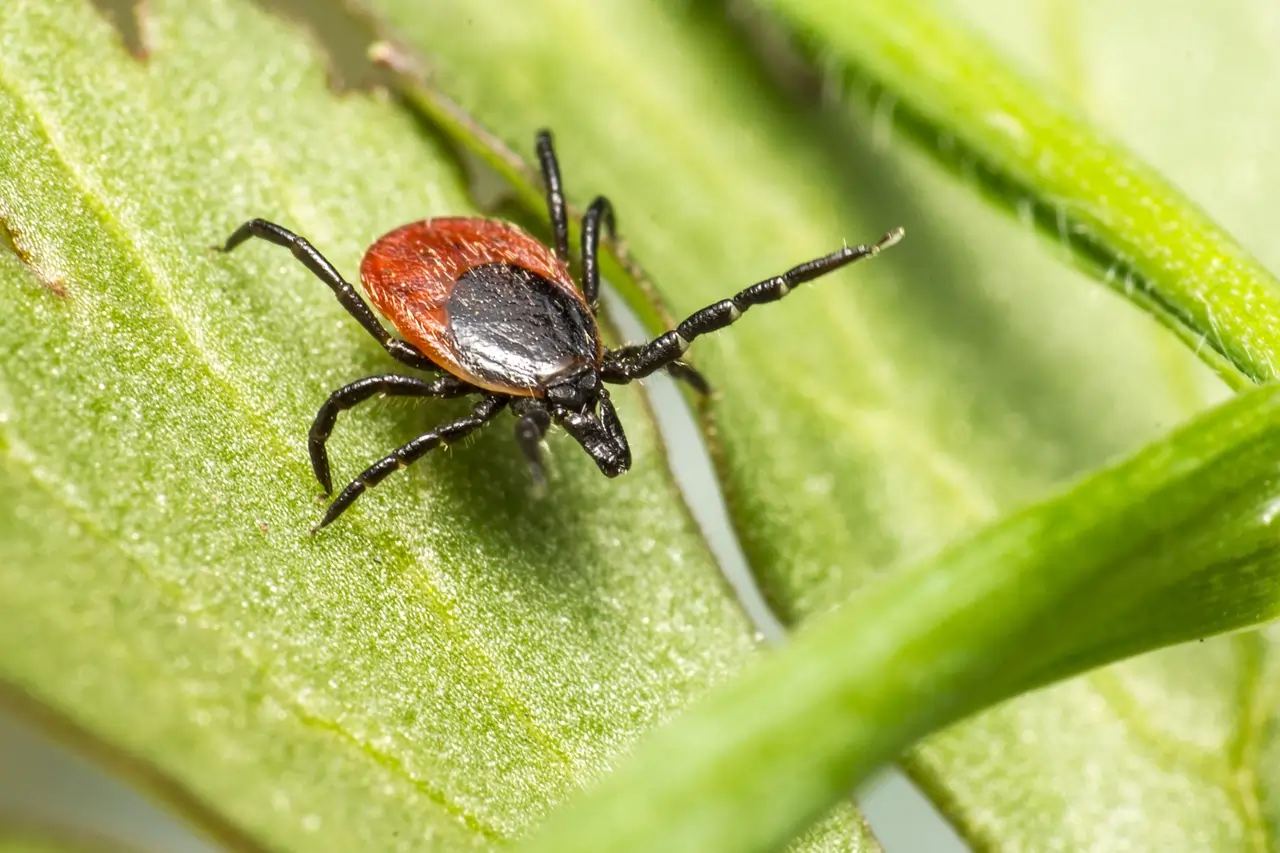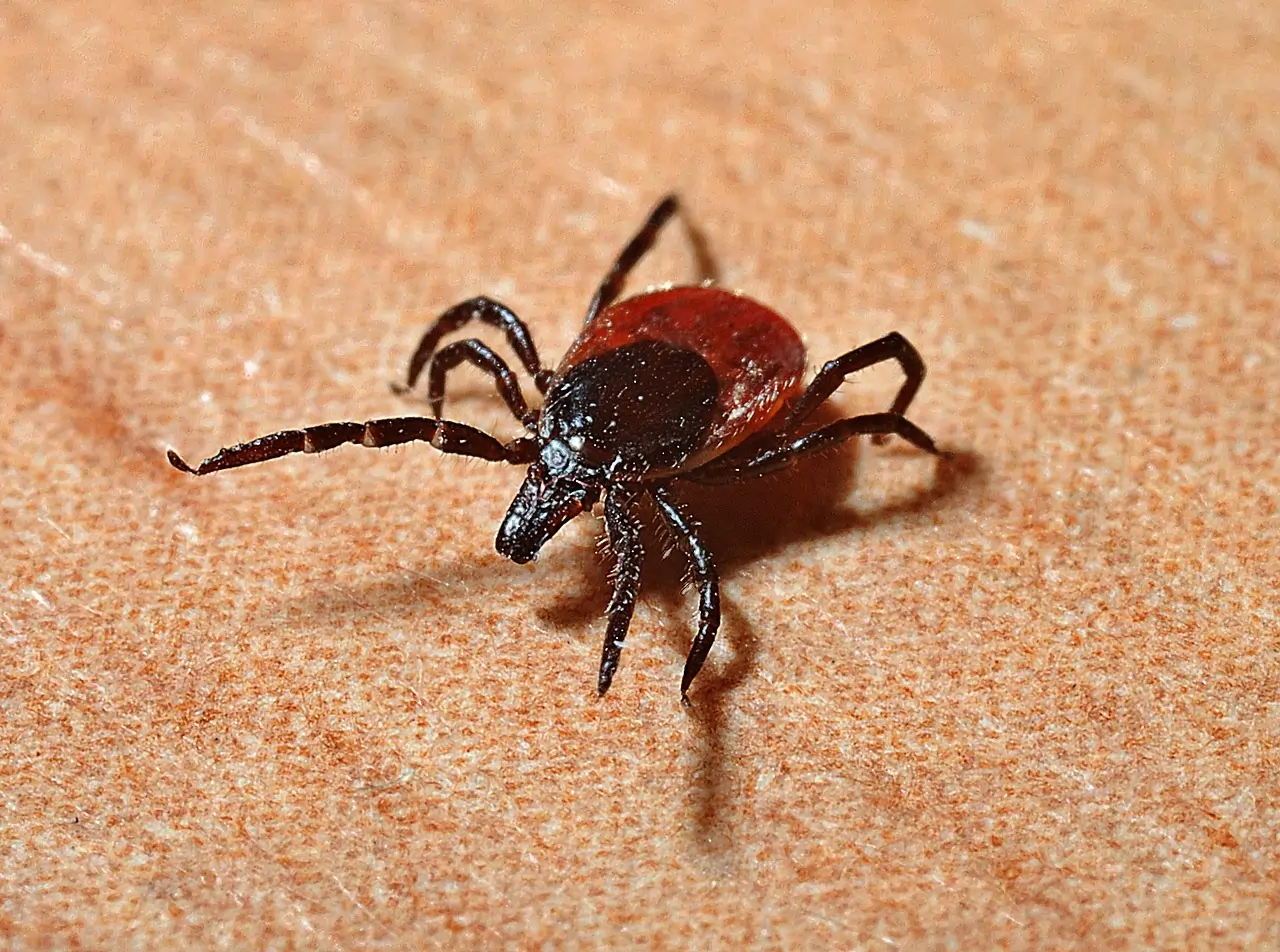
Introduction
Lyme Disease is a serious illness that affects thousands of people every year. Understanding its causes, symptoms, natural remedies, and preventive measures is crucial for anyone concerned about their health and well-being. In this comprehensive article, we will dive deep into Lyme Disease, exploring its origins, the symptoms it presents, conventional treatments, natural remedies, and actions you can take to prevent its occurrence.
What is Lyme Disease?
Lyme Disease is an infectious illness caused primarily by the bacteria Borrelia burgdorferi. It is usually transmitted to humans through the bite of infected black-legged ticks, commonly known as deer ticks or Western black-legged ticks. These ticks serve as both reservoir hosts and vectors, carrying and transmitting the bacteria to animals, including humans.
Causes of Lyme Disease
The most common cause of Lyme Disease is the bite of an infected tick. When an infected tick latches onto a human host and begins feeding on its blood, it can transmit the Borrelia burgdorferi bacteria into the bloodstream. Ticks usually acquire the bacteria by feeding on small mammals, such as mice or deer, that carry it.
Symptoms of Lyme Disease

In the early stages of Lyme Disease, symptoms may be mild and easily overlooked. They often include fatigue, fever, headache, muscle and joint aches, as well as swollen lymph nodes. As the disease progresses, more severe symptoms may manifest, such as neurological problems, severe joint pain, and heart palpitations. If left untreated, Lyme Disease can lead to long-term complications affecting various body systems.
Diagnosing Lyme Disease
Diagnosing Lyme Disease can be challenging, as its symptoms can mimic those of other illnesses. Healthcare professionals typically rely on a combination of factors, including a physical examination, medical history, and laboratory tests. During the examination, your doctor may inquire about recent tick encounters and symptoms experienced. Blood tests are also commonly conducted to detect specific antibodies generated by the immune system in response to the bacteria.
Conventional Treatments for Lyme Disease
The standard treatment for Lyme Disease involves a course of antibiotics, such as doxycycline, amoxicillin, or cefuroxime. Early intervention is crucial to prevent the progression of the disease. However, the use of antibiotics over a prolonged period can have side effects and potential complications. Therefore, it is important to explore alternative treatments and supportive measures.
7 Natural Remedies for Lyme Disease
Several natural remedies can aid in managing the symptoms and promoting recovery from Lyme Disease. Herbal treatments, such as Japanese knotweed and cat’s claw, have shown antimicrobial effects against Borrelia burgdorferi. Additionally, essential oils like oregano and lavender can help alleviate pain and reduce inflammation associated with the disease.
7 natural remedies suggestions:
- Herbal Treatments: Japanese knotweed and cat’s claw are herbal remedies known for their antimicrobial effects against Borrelia burgdorferi. These natural alternatives can assist in managing symptoms and promoting recovery.
- Essential Oils: Oregano and lavender essential oils possess pain-alleviating properties and reduce inflammation associated with Lyme Disease. Applying them topically or using them in aromatherapy can provide relief.
- Dietary Adjustments: Introducing anti-inflammatory foods into your diet, such as fatty fish, leafy greens, and turmeric, can aid in reducing inflammation and supporting your immune system. Ensure you maintain a balanced diet rich in vital nutrients to support healing.
- Probiotics: Incorporating probiotic-rich foods or supplements can help restore gut health, which plays a crucial role in overall well-being and immune function. A healthy gut contributes to fighting the bacterium responsible for Lyme Disease.
- Vitamin C and Zinc: Boosting your immune system with supplements like vitamin C and zinc can enhance your body’s natural defenses. These essential nutrients play a vital role in immune response and healing processes.
- Exercise and Stress Management: Engaging in regular exercise not only helps maintain a healthy body but also promotes a robust immune system. Additionally, employing stress management techniques, such as meditation or deep breathing, can reduce the impact of stress, which can worsen Lyme Disease symptoms.
- Supportive Supplements: Supplements like turmeric, resveratrol, and collagen can provide additional support during Lyme Disease treatment. Their antioxidant and anti-inflammatory properties can aid in symptom management and recovery.
Dietary Approaches
A healthy diet plays an essential role in supporting the healing process for individuals with Lyme Disease. Anti-inflammatory foods, including fatty fish, leafy greens, and turmeric, can help decrease inflammation and support immune function. It is crucial to consume a well-balanced diet rich in nutrients to aid recovery and strengthen overall well-being.
Supporting the Immune System
Supplements can be beneficial in bolstering the immune system during Lyme Disease treatment. Probiotics can help restore gut health, while vitamin C and zinc can boost immune function. Additionally, adopting a healthy lifestyle, including regular exercise and stress management techniques, can contribute to overall better health and immune resilience.
Preventive Actions Against Lyme Disease

Prevention is undoubtedly the best approach when it comes to Lyme Disease. Here are some measures you can take to reduce the risk of tick bites and subsequent infection:
- Avoid areas with high tick populations.
- Wear protective clothing, such as long sleeves, long pants, and closed-toe shoes.
- Use tick repellents on exposed skin and clothing.
- Perform thorough tick checks after spending time outdoors.
Sharing Awareness
Raising awareness about Lyme Disease is crucial for communities, as it can help prevent the illness and minimize its impact. By educating others about tick avoidance strategies, early symptoms, and available treatments, we can create a safer environment for everyone. Together, we can reduce the incidence of Lyme Disease and its long-term consequences.
Conclusion
Lyme Disease is a significant health concern that should not be overlooked. By understanding its causes, recognizing its symptoms, and exploring various treatment options, we can better manage the disease. Incorporating natural remedies, maintaining a healthy lifestyle, and taking preventive actions against tick bites can significantly mitigate the risk of Lyme Disease. Let’s strive to raise awareness and protect ourselves and our loved ones from this complex illness.
FAQs
- Can Lyme Disease be cured completely?
- Currently, there is no known cure for Lyme Disease. However, with early detection and appropriate treatment, most individuals can recover fully.
- Are natural remedies effective in treating Lyme Disease?
- Natural remedies can aid in managing symptoms and supporting recovery; however, it is crucial to consult with a healthcare professional for comprehensive treatment.
- Can pets transmit Lyme Disease to humans?
- While pets can get infected with Lyme Disease, they do not directly transmit the bacteria to humans. However, they can carry infected ticks into the household, increasing the risk of tick bites.
- Can ticks be found in urban areas?
- Ticks can be found in both urban and rural areas. It’s essential to be cautious and take preventive measures, regardless of the location.
- Is there a vaccine available for Lyme Disease?
- Currently, there is no commercially available vaccine for Lyme Disease; however, ongoing research is being conducted to develop preventive measures.


